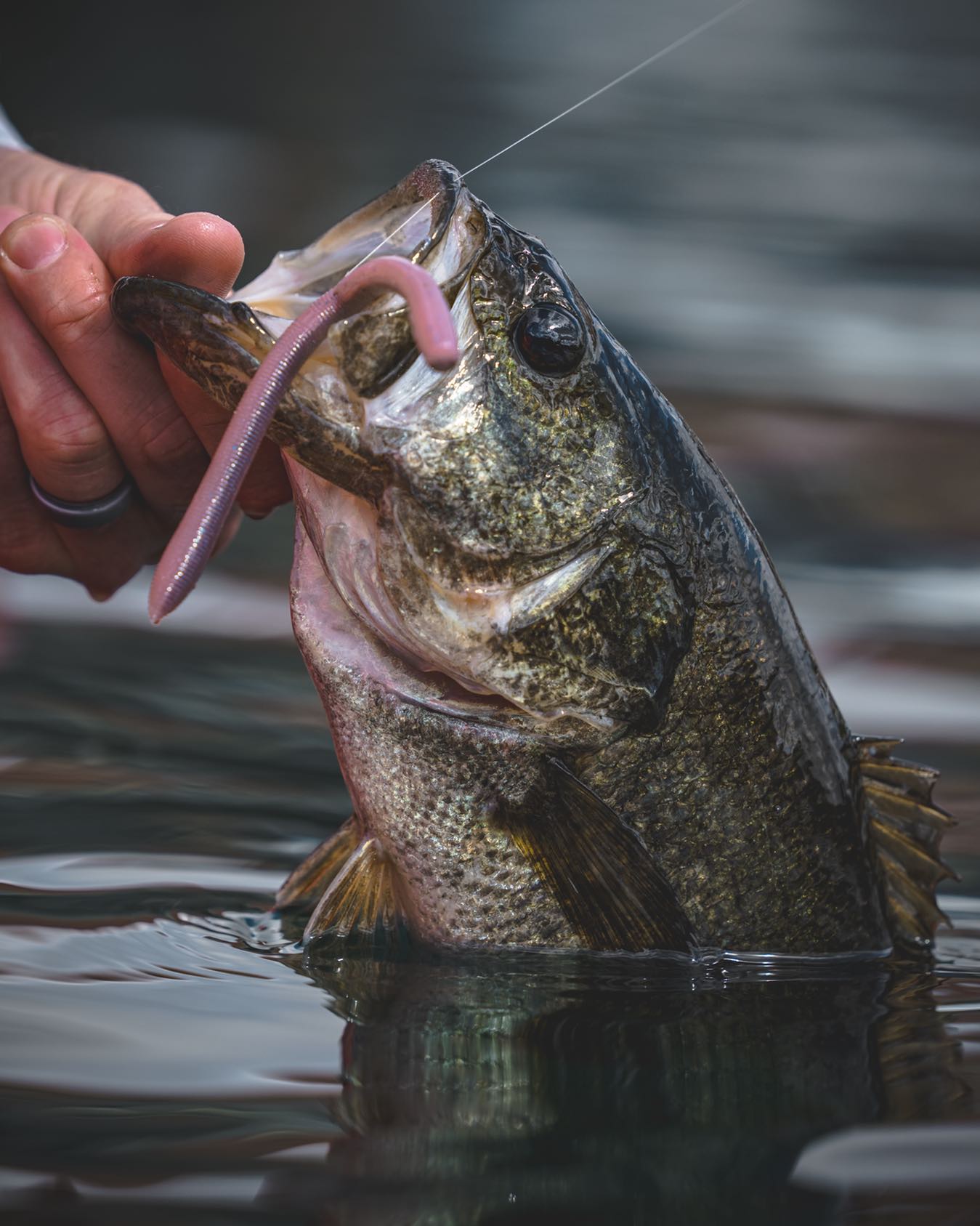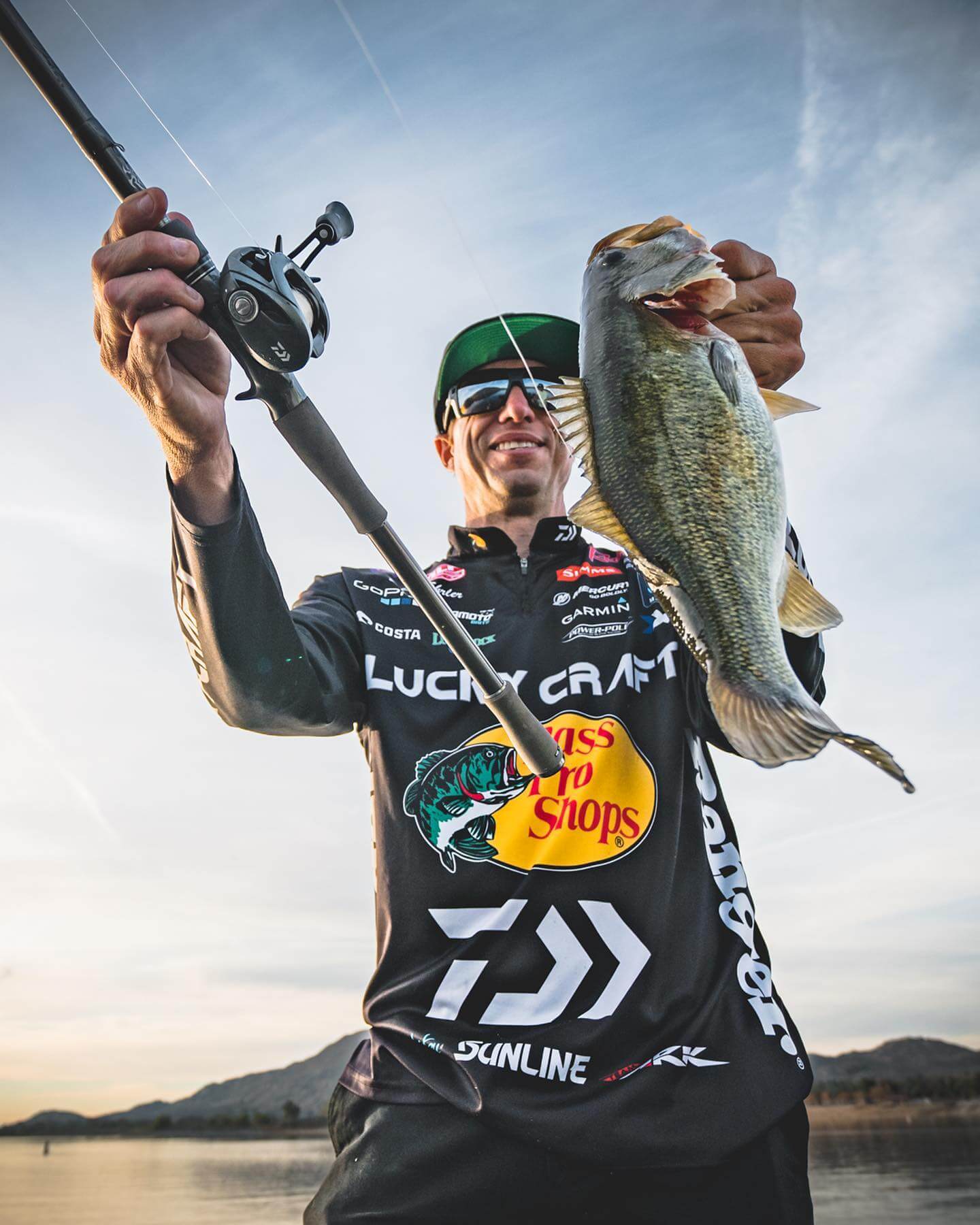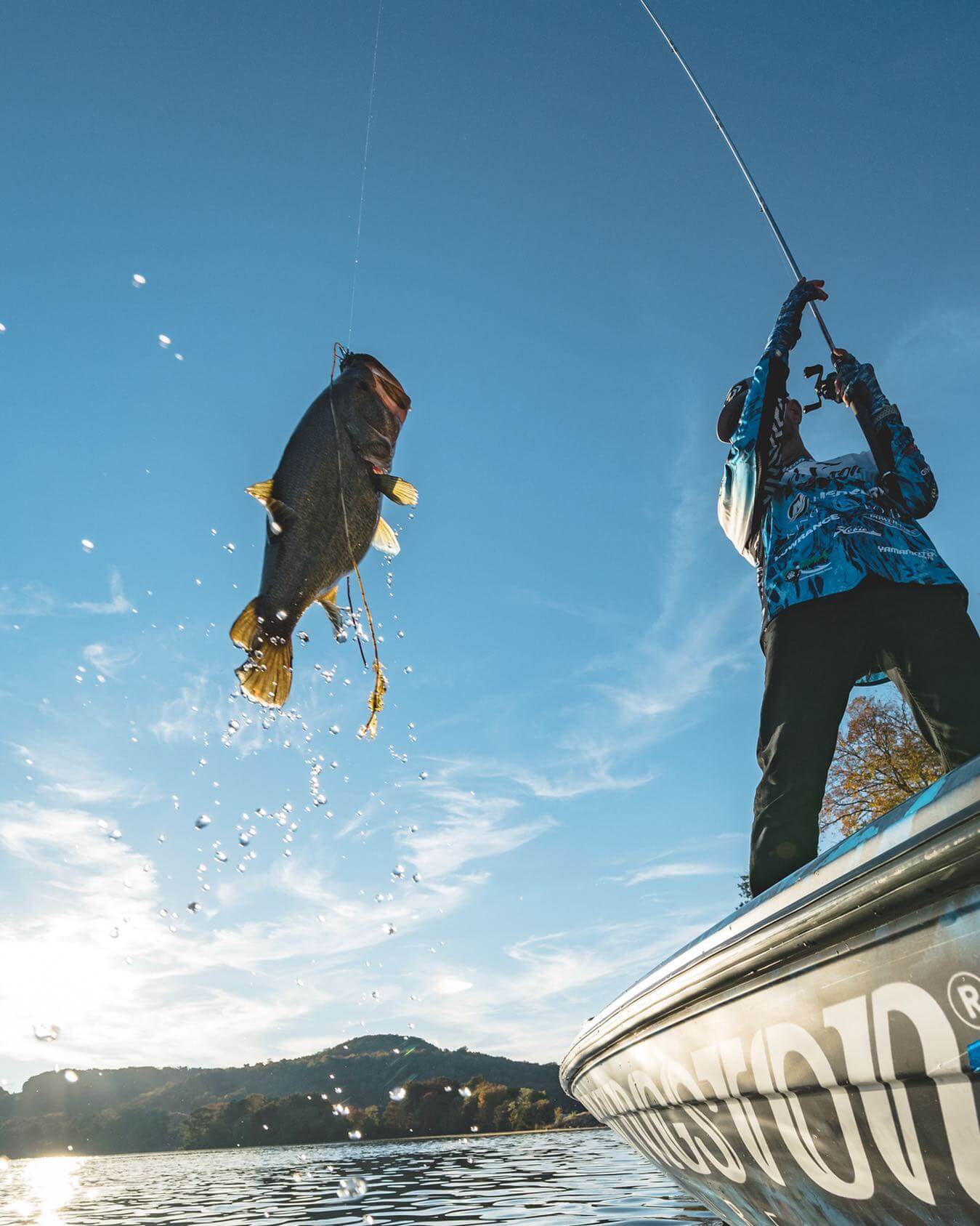
The black bass is a fish prized by many anglers for its combativeness and size. To catch them successfully, it's essential to use the righthook. In this article, we'll look at the different types of hooks that are particularly suitable for fishing for black bass.
The characteristics of black bass

Let's start by defining this species of fish. Knowing more about the species you're looking for is a basic requirement for any angler. Black bass, also known as trout perch or largemouth bass, is a fish native to North America. It has been introduced to Europe and other continents over the years. It is recognisable by its elongated shape, protruding mouth and shiny scales.
This predator feeds mainly on small fish, crayfish and insects. It often lives near submerged structures such as branches, rocks or grass beds. That's why it's important to choose a hook that will present your bait effectively in these cluttered environments.
Single, double or treble hook: which to choose?
There are three types of hook commonly used for black bass fishing:
- Single hook: this has a single point and is considered the basic hook for black bass fishing. It holds fish well and allows you to use a wide variety of baits.
- Double hook: this hook has two points, usually arranged in a V-shape. It is mainly used for soft bait fishing and offers a better grip than the single hook.
- Triple hook: as the name suggests, this hook has three points. It is often used with hard lures (hard bait, spoons) and offers very good holding power once the fish is hooked.
To choose between these different types of hook, you need to take several criteria into account:
- The type of bait you wish to use
- Fishing conditions (size, depth)
- Your level of experience and mastery of the fishing technique
What size hook should I use for black bass?

Hook size is also an important factor to consider when fishing for black bass. In general, we recommend using medium-sized hooks (between 1/0 and 4/0) for this type of fish. However, it is important to adapt the hook size to the size of your bait and the fishing conditions.
Hook size depending on the bait
Here are some recommendations for hook sizes depending on the bait used:
- Worms and earthworms: single hook size 1/0 to 2/0
- Crayfish: single or double hook size 2/0 to 3/0
- Small fish: single or treble hook size 1/0 to 4/0
- Soft lures (worm, creature bait): Texas or offset hook size 2/0 to 4/0
- Hard lures (hard bait, spoons): treble hook size 2 to 4/0
Please bear in mind that these are general guidelines and may vary from one situation to another.
Hook size according to fishing conditions
Depending on the environment and the depth at which you are fishing, you can adapt the size of your hook to maximise your chances of success:
- Shallow, crowded waters: go for small, single hooks (1/0 to 2/0) to avoid snagging on obstacles
- Deep, open waters: opt for larger hooks (3/0 to 4/0), which will give you a better grip on the fish
Specific hooks for black bass fishing
There are also hooks designed specifically for black bass fishing. Here are a few examples:
- Texan or offset hook: this type of hook is particularly suitable for soft lures (worm, creature bait). Its curved shape allows the bait to be presented naturally while avoiding snags.
- Thief hook or chance hook: this hook has a small loop on the shank which can be used to attach a trailer (additional bait) to increase the attractiveness of your rig. It is often used with jigs or spinnerbaits.
- Articulated hook: This is a single or double hook fitted with an articulation that allows the lure to swim more realistically. They are ideal for soft lures such as shads and swimbaits.
To sum up, choosing the right hook for black bass fishing depends on a number of factors, such as the type of bait, the fishing conditions and your level of experience. You'll need to try and combine all these factors to make the best choice.
Don't hesitate to try out different hook types and sizes to find the one that suits you best and maximise your chances of success. Always remember that the best way to learn is to go fishing!
Our other articles on hooks :
